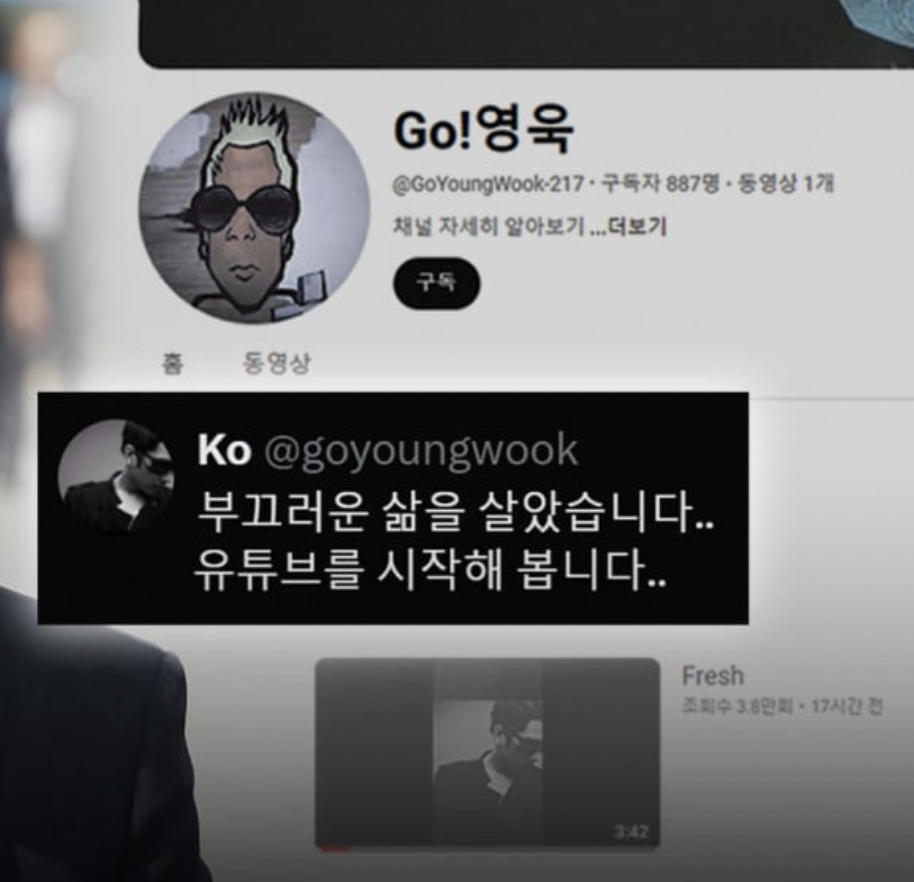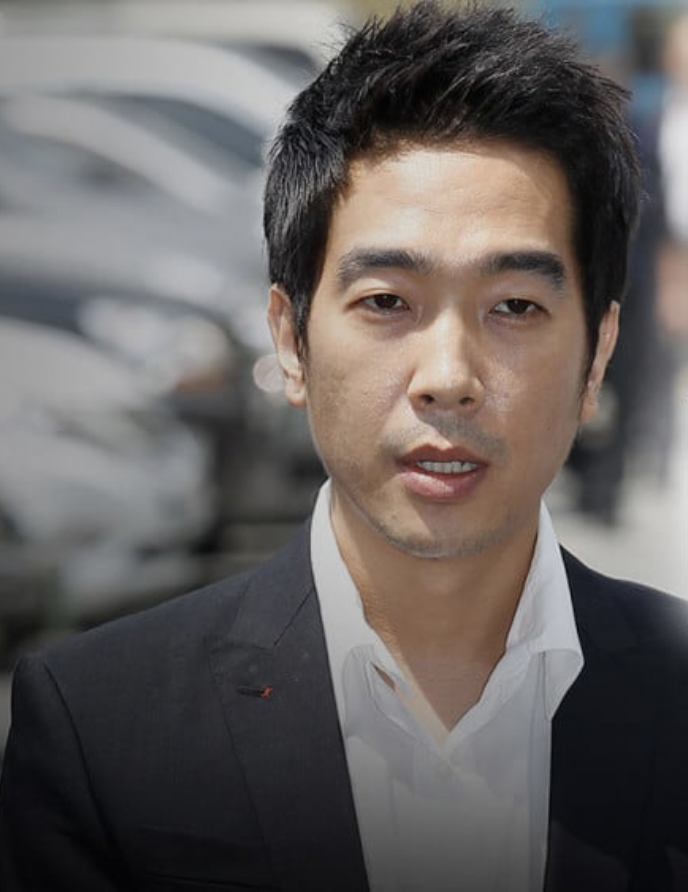Petition to Ban Convicted Sexual Offenders From YouTube Gains Momentum, Inspired by Go Young Wook Case
The National Assembly of South Korea is now considering legislative action to prohibit convicted sexual offenders from operating YouTube channels, following a public petition that garnered over 50,000 signatures. Sparked by the controversial case of former K-pop star Go Young Wook, the debate has reignited discussions about the responsibilities of content platforms and the ethics of allowing individuals with criminal records to engage with large audiences online.

The Petition That Sparked a National Debate
Titled "Request for Strong Legislative Action on YouTube Activities of Those Convicted of Sexual Crimes," the petition was initiated on November 13 and closed on December 13 with 53,153 signatures, surpassing the required threshold. The issue has now been referred to the Science, Technology, Information, and Broadcasting Communications Committee, which will decide whether to advance it to a plenary session of the National Assembly.
The petitioner, identified only as Jeong, argued that convicted sexual offenders should not have the privilege of operating channels on platforms like YouTube, where they can easily reach audiences of all ages. Jeong stated, “In this era where YouTube has become one of the most influential media outlets, it’s time to question whether content creators with criminal convictions, especially those guilty of sexual offenses, should be allowed to freely broadcast content.”
Jeong further highlighted the disparity between traditional media—where convicted offenders would likely face censure—and the digital sphere, which lacks stringent regulations.
The Go Young Wook Controversy
The petition gained significant attention following the case of Go Young Wook, a former member of the K-pop group Roo'ra. Convicted of statutory rape, Go served a prison sentence and was released, only to launch a YouTube channel in August 2023. The move drew widespread outrage, with critics arguing that allowing such individuals to operate on influential platforms risks normalizing their actions and providing them a means to rebuild public personas.
Previously, Meta (parent company of Instagram) had shut down Go’s account, citing its policy against users with criminal records. After public backlash, YouTube also terminated Go’s channel, though the company provided no official explanation. This led to accusations that the decision was made under public pressure rather than based on a clear policy. YouTube later clarified that the channel violated community guidelines prohibiting creators who have caused harm to the community outside of YouTube.
In response, Go took to X (formerly Twitter), questioning the fairness of the policy and pointing out inconsistencies in how different platforms handle such cases. His statement only fueled the calls for formal regulations.
Legislative Call for Action
The petition urges lawmakers to define clear qualifications for content creators and enforce sanctions against individuals convicted of crimes such as sexual offenses, hit-and-run incidents, unlicensed driving, and assault. Jeong emphasized the importance of accountability, stating, “Platforms like YouTube must follow Meta’s example and set strict policies to ensure that convicted offenders cannot exploit these channels.”
The National Assembly’s committee will now decide whether to introduce legislation addressing the issue. If passed, the law could become a global precedent in regulating the online activities of individuals with criminal records.
Public Response and Broader Implications
The move has sparked widespread public debate, with many supporting the petition as a step toward protecting vulnerable audiences and maintaining ethical standards online. Critics, however, have raised concerns about potential overreach and the balance between punishment and rehabilitation for those who have served their sentences.
As digital platforms like YouTube continue to dominate the media landscape, the discussion over their responsibilities—and the limits of free expression—remains a pressing issue. The outcome of this legislative push could set a significant precedent for regulating online spaces and determining who gets to wield influence in the digital age.





